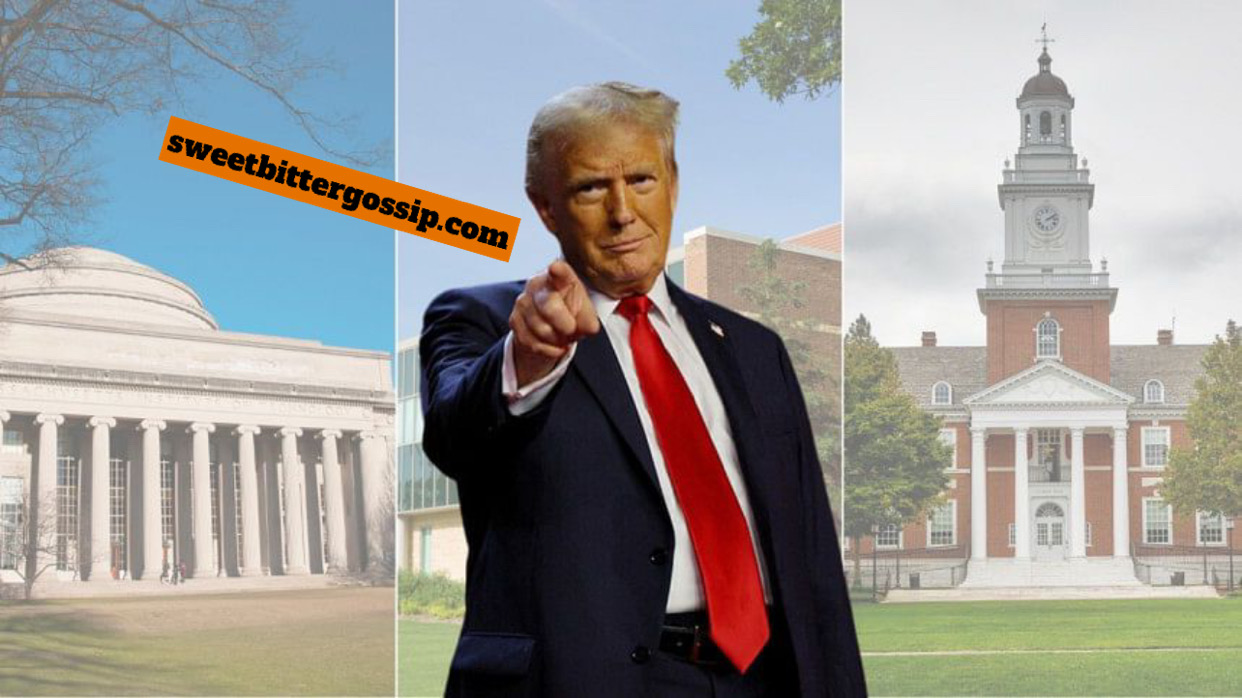As Donald Trump prepares to re-enter the White House as U.S. President-elect, universities across the United States are urging international students, including Nigerians, to prepare for potential visa challenges. Concerns stem from the executive orders on immigration implemented during Trump’s first term, which may resurface under his leadership.
The University of California-Berkeley recently issued a statement on its International website, referencing the impact of Trump’s initial travel ban. “During the first four years of the Trump administration, a travel ban was imposed that affected multiple countries, resulting in some international students facing difficulties re-entering the U.S. to resume classes,” the statement read. To minimize risks, the university advised international students to return to the U.S. before January 20, the date of Trump’s inauguration.
Cornell University’s Office of Global Learning echoed similar concerns, warning of a possible reinstatement of the travel ban shortly after the inauguration. The advisory highlighted that the ban could once again target citizens from countries previously included: Kyrgyzstan, Nigeria, Myanmar, Sudan, Tanzania, Iran, Libya, North Korea, Syria, Venezuela, Yemen, and Somalia. Cornell urged students, faculty, and staff from these countries to return before January 21 to avoid complications.
Columbia University also issued a warning to its international community. Samantha Slater, a university spokeswoman, noted in a statement to the Columbia Spectator, “As we do with administrative changes at all levels of government, Columbia is gathering relevant information on the incoming administration.” She added that international students should return to campus before the semester’s start date to mitigate potential travel disruptions.
During his first term, Trump enacted a controversial “Muslim ban,” blocking citizens of several Muslim-majority countries from entering the U.S. Recently, amid protests over the Israel-Gaza conflict, Trump pledged to revoke the visas of “radical anti-American and anti-Semitic foreigners” studying at U.S. universities. This, combined with heightened anti-immigrant rhetoric within the Republican Party, has fueled anxiety among international students.
Despite these concerns, Trump’s stance on immigration has not been uniformly restrictive. In a June interview with The All-In Podcast, he expressed support for international students, stating they should “automatically receive a green card as part of their diploma” to remain in the country legally.
Nevertheless, the uncertainty surrounding potential policies has prompted universities to act preemptively, urging students to prioritize their return to the U.S. before the start of the academic term. For many, the warnings reflect a cautious approach to navigating the shifting landscape of immigration under a Trump administration.

